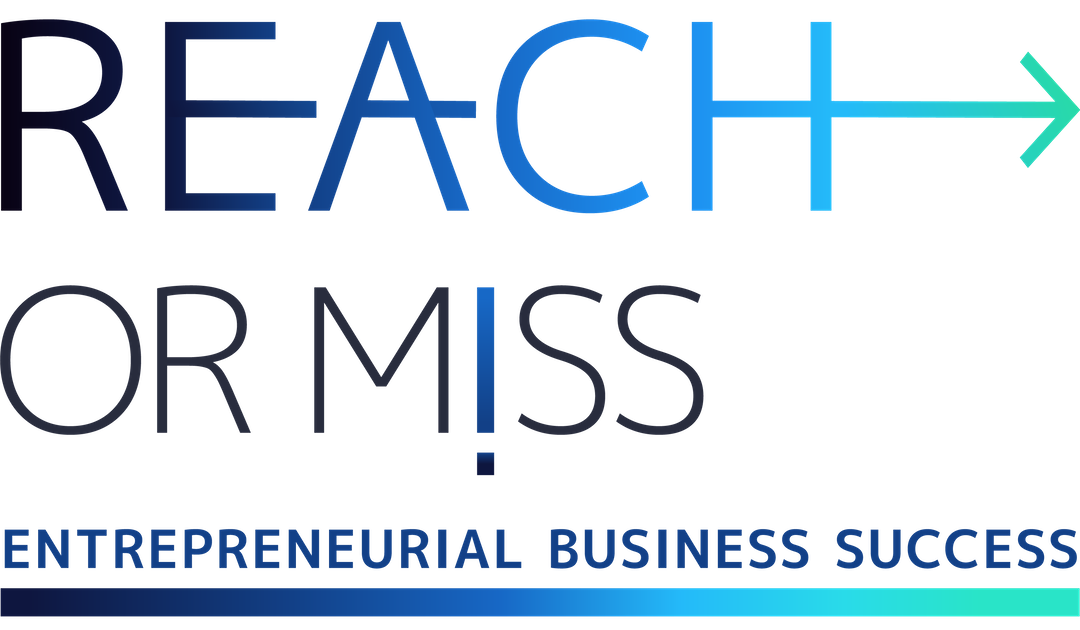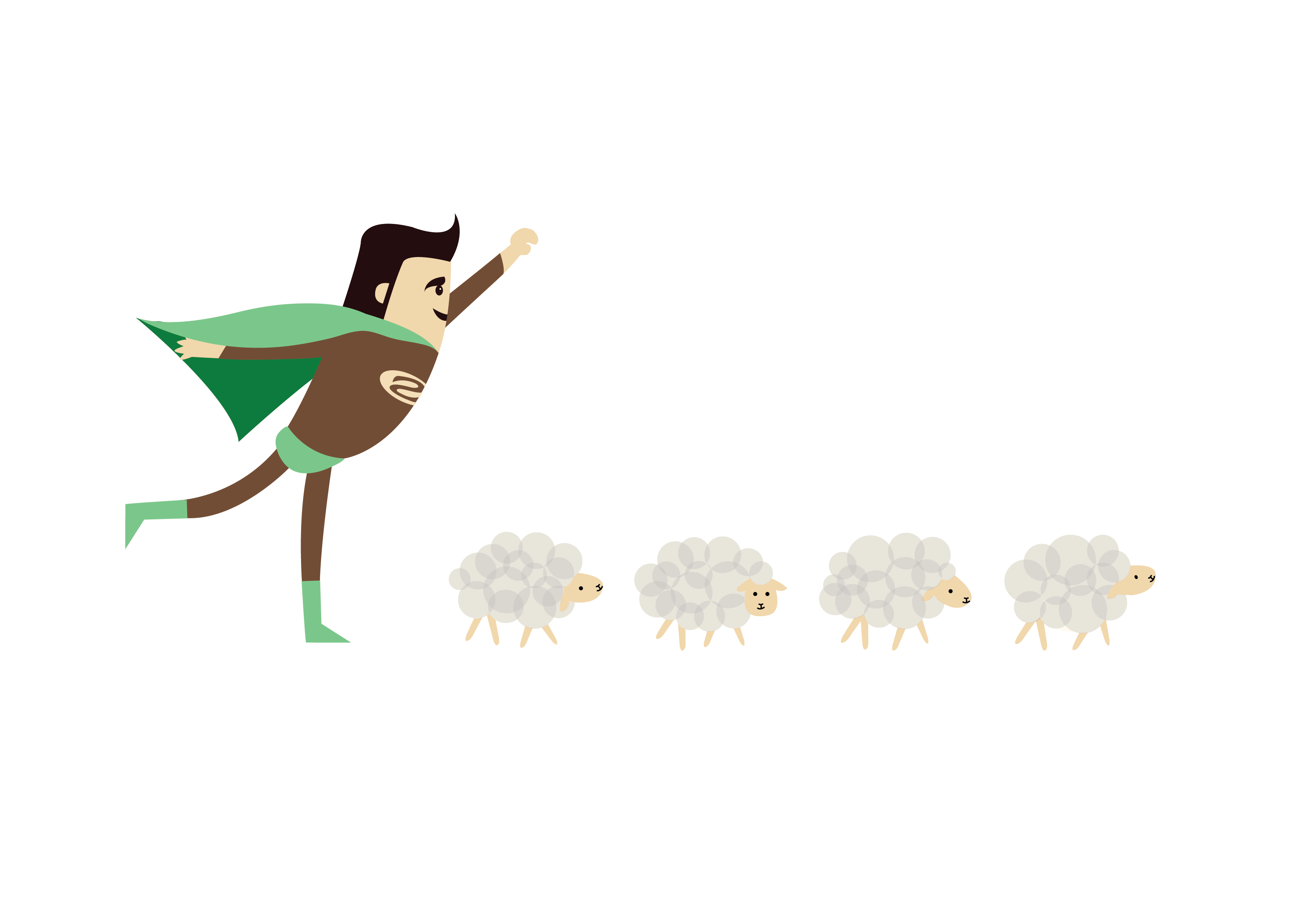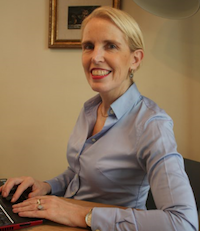Ep. 095 – Robin Colner’s key success factor: I call it ABS: Always Be Selling! I don’t mean that in a snake oil salesman way, but always being attuned to opportunities for partnerships, referrals and introductions.

Robin Colner Show Notes
Robin Colner is an acclaimed digital and social media marketing strategist, university educator corporate trainer and MBA graduate of the Wharton School.
After working for Fortune 100 companies, Robin founded DigiStar Media, a digital and social media marketing agency. DigiStar is dedicated to helping businesses and professionals leverage social media and digital marketing to engage prospects, attract new clients, amplify the impact of advertising and public relations campaigns and implement successful integrated marketing programs.
Robin is also the founder and Director of Fordham University’s Digital and Social Media Certificate Program and the instructor for the social media marketing classes offered by Fordham’s Gabelli School of Business.
Most passionate about
- I am running a digital and social media marketing firm: Digistar Media, digital and social media strategy and training firm. When you’re in this field, you can’t help but be passionate about it because I believe that everybody needs to have a foundation of information about this. There are many people in business today that feel it’s something they don’t want to pay attention to, or they want to give to a young person to pay attention to, or they wish they didn’t have to pay attention to it, or they’re overly hyped about it.
- So, what I like to do is make sure everybody, for age 20 – 120 are capable of understanding how they can leverage the channels without feeling like they are losing their privacy, that someone is learning too much about them, but being able to use them to reach their goals whether it’s a business goal or even a personal goal, or getting know or getting more visible or following their own passions and finding people that they can build a community with.
- I needed to find a niche, because I was a little older and not going to be necessarily hired by agencies since I was out of my 30s. So, I looked at the market, just like an entrepreneur would do, which let me see where there was a need that was not being met, and that need was the business owners over the age of 45 that were just beginning to understand how to get their websites developed and they hadn’t even thought about this stuff and they were totally overwhelmed. I’m perfect for that because I know the world they are coming from and I can help them along without it being intimidating. That’s when I set up my program, after that I had all these ideas for how I wanted to run classes and I can share that later.
Robin’s best advice about approaching customers
- Entrepreneurial companies are usually born out of a need identified by its founder for a certain product, service, or technological solution. It’s best for a business to test its assumptions with possible customers or clients to validate their proof of concept.
- Too often, companies spend time and resources developing a product that’s really in search for a customer. In the technology space, I get calls every day from platforms because they want me to use their platform. There are hundreds of thousands of them build, little better mousetraps, we’ll call them, right?
- They don’t have the marketing know how, muscle, or money behind them to be the ones that people actually use because we still live in a world were people want to use the known quantities, the platforms that other people recommend, that they’ve heard about at conferences, that they’ve heard about in forums with their peers. So, it’s important to focus on the customer.
Biggest failure with a customer
- It started with misreading one of my hires. I’d hired a young person to work directly with the client, the client was in the exercise space/fitness. The hire had a background in that, was a gym rat, and was really good at social media, and because I was building my business and I was so busy, I was building the program at FourDom and big business at the same time, I let her run with it without necessarily having a clear outline of accountability, reporting, or check in. She went along her merry way and we had several meetings with the client. The client was happy. Then, I let her go with it without paying as much attention has I had initially. She decided that she wanted to work with bigger clients with bigger budgets and just kinda stopped doing everything without telling the client and without telling me. She stopped during a holiday and I discovered it while I was away on holiday!
- Here is a lesson learned: when entrepreneurs start a business, you want to hire people who have skillsets that compliment yours, but you have to remember to structure a delegation process in the right way. While it’s easy when you’re overwhelmed and have 80 hours worth of work to do in 24 or 12, you really need to make sure that before you let a team member go with it, that there is a clear understanding of the expectations, the performance standards, the goals, and then there is a process for regular check ins.
Biggest success due to the right customer approach
- I work with a lot of B2B, or what we call service provider companies, that provide a service to clients as apposed to products. So, I had a great success because clients generally come to me, knocking on my door or calling me, or emailing me and saying I need help with social media! In fact, they need help with marketing, with the whole integrated marketing approach.
- The social media can’t be developed until you do everything else, so I’m really a marketing concierge. A client came to me and said, help me get into the digital age, I really need social media. I’m going from a wholesale model to a retail model. But it was a business services company. One whole company was supporting them and they were going to pull the support and they had to create this subscription model and sell it to individual registered investment advisers, the ability to call their desk.
- So, rather than just jump in and provide them with all kinds of LinkedIn strategies and advertising campaigns, I pulled back and say no, wait a minute. Let’s take an integrated solution approach, let’s start with branding, positioning, researching your target personas because they didn’t really know that much about their customers. They had data about their customers, but they needed to make that data work for them. They needed their website redesigned, but you can’t just jump into a website redesign unless you know your customers! You need to speak in the language of the customer.
- I took a look at the email marketing automation, created database modifications, new sales and public relations material, and it was all with a focus on transitioning away from financial jargon, which the company was so comfortable using, to customer-centric language that highlighted benefits, not just the technical descriptions of what they’re offering. So, by starting with this approach, ultimately the social marketing efforts, which happened months later, were much more effective and turned into a much longer relationship and I was able to reach greater success by implementing a complete digital transformation over time in a less threatening, step by step fashion.
- If I’d started off with, “Oh my gosh, we gave to do this, that and these other 50 things,” the client would have gone running. So, what I learned from that is how to then take that approach and be able to increase what I can offer in terms of services for clients.
Robin’s most recommended tool
- I broke this answer down into three parts. First, a CRM concept, a customer relationship management tool. You know we have plenty of sophisticated tools, like SalesForce or Microsoft Dynamics, but a lot of companies don’t have the money, not to mention they are really complex to use. What really is necessary is to start off with something basic, like Pipeline, which is a product that costs $20 a month, but make sure you have your technology team integrate it with LinkedIn. LinkedIn’s integrating through their API is successful because when you’re talking about sales, and certainly I’m sure you’ve had guests talking about account based management and account based selling, you’re really focusing on the needs of an individual.
- The type of technological tools that are necessary are the ones that are going to help you keep in touch constantly, connecting with the customer with more valuable, added content. So there are tools that need to remind you about this, that need to help you create the content, and that need to help you stay in touch with the whole broad array of customers that might take longer to make decisions.
- When you move out of sales and into marketing, the point is to capture data about website visitors, or about people that have downloaded content that you’ve put out there, whether it’s asks for demonstrations or case studies or checklists, or white papers or things of that sort. Those range from the Hubspots of the world and the Marketo to things like Infusion Soft. Anything that can help you capture the lead, recognize whether it’s good or bad, and then be able to respond back to them with additional information.
- The third in my bucket for customer-centric tools has to do with what I call social media listening. That is the process of monitoring digital conversations to understand what the customers are saying about your product or company. Social listening tools range from the inexpensive, like HootSuite, where you can monitor key words to the Buzz Sumos, to something called Mention.
Robin’s key success factor
- I call it ABS: Always Be Selling!
- I don’t mean that in a snake oil salesman way, I mean it always being attuned to opportunities that will help you with partnerships, referrals, introductions, and in order to do that, you need to be empathetic, get into the headspace of who you are speaking to, you need to be enthusiastic, stay current, and stay around young people. All of those wrapped into one are ABS.
- I was able to be in that mode of stop chasing the customers, so to speak, when you develop a level of visibility and recognition. I was able to do that through hard work, which was writing articles for business press on a regular basis, having a steady flow of speaking engagements, winning an award for women in business; all of these things add to being in that realm of being known and therefore being the one someone turns to for help.
Robin’s Mountain
Since we believe that the best way for entrepreneurs to get a fast, big, and sustainable success is by leading your (new) market category, and the entire entrepreneurial journey reminds me of mountaineering, or conquering the mountain; I want to ask you if there is a mountain you dream of climbing or a mountain you have already climbed.
- I love to visit mountains; when I do, I generally get a little light headed from the atmosphere and I think that can relate to the excitement that an entrepreneur feels one day and then that let down feeling the next day when news comes in a different way. You get excited when people invite you on shows or talk about your product, or order it, and then the next day, you find there’s a problem with delivery or something.
- My mountain is in a personal, metaphorical sense, is everything I’ve done in my business has come from a desire that I had early on in life that I didn’t actually pursue, which is to be in the communications and television industry as a talk show host. Where that comes from isn’t so much, ‘I want to be on TV and/or a star’, it’s ‘I love talking to people and learning about their business!’ That’s what makes me excited in the morning because everyday I talk to a different person about their business. That whole interactive experience is what must have been subconsciously why I did the business I did and why I keep doing it. So, my mountain is to say: what is the next step that I can take to make sure I’m constantly having these conversations that lead to me helping people do a better job at what they do?

Metaphorical Mountain
The best way to connect with Robin:
- Website
- Facebook Page
- Snapchat: @RobinColner
- Business Phone in US: 914-826-5512
Classes at Fordham University – Westchester in Digital and Social Media: www.PCS.Fordham.edu/Digital
My social media classes begin Saturday, January 19, 2019
2-Day Intensive Workshops in Social Media Marketing Immersive or Digital Marketing Foundation in NYC
More resources for Entrepreneurs
- Don’t Miss – Customer Focus Strategy & Execution: Market Analysis for Fundraising
- Hayut Yogev’s Latest post: The three free, most practical steps to researching and locating your market
- Former interview: Deepak Shukla best advice to any entrepreneur: “you need to be unreasonable in your pursuit of success and unreasonable in the level of quality that you bring to the table.”



